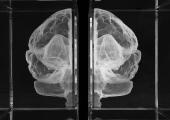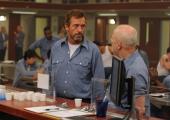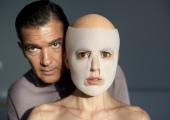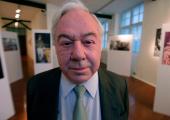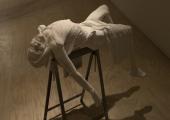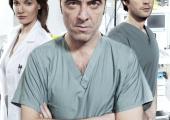The Doctor's Dilemma, National Theatre
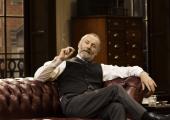
Tragedy is the spoonful of sugar that helps this medical satire go down
“Of all the anti-social vested interests the worst is the vested interest in ill-health.” The Preface on Doctors that precedes George Bernard Shaw’s The Doctor’s Dilemma finds the writer at his characteristic best: caustic certainly, witty frequently, but in the service of a serious and lengthy invective on the state of British healthcare. Unfortunately the play that follows doesn’t fully share its brilliance, attempting an awkward dramatic marriage of social satire, melodrama and soapbox sermonising.

